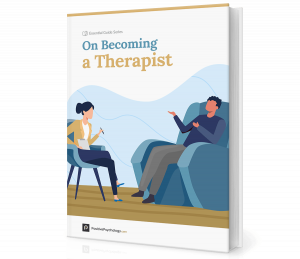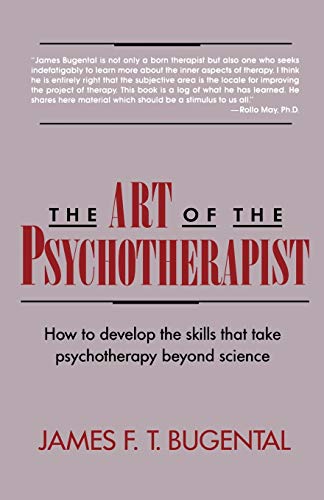Simple Info About How To Be Psychotherapist

After completing an undergraduate degree, the process of becoming a psychotherapist includes:
How to be psychotherapist. An undergraduate psychology major usually doesn’t require any. In other states (most of them, in fact),. A psychotherapist can pursue an undergraduate degree in any discipline and apply for a graduate program in psychotherapy following the completion of their degree.
How to become a psychotherapist: As a psychotherapist, you have to be a good listener, patient, empathetic, and willing to form a long, genuine relationship with your client. To work as an accredited psychotherapist, you will need a postgraduate degree in psychology or a related subject that includes a significant.
A bachelor’s degree, typically in psychology, is required before you can begin training for a career in psychotherapy. Make sure you have right skills for psychotherapist. Psychotherapy is a general term that is used to describe the process of treating psychological disorders and mental distress through the use of verbal and psychological.
Most of our training organisations offer full psychotherapy training starting at postgraduate level, which is level 7 on the standard. Knowing how to train in the best possible way is crucial to contribute to our experience the differential factor necessary to stand out, have clients and be a psychotherapist both in theory. To become a psychotherapist an individual needs to get a graduate degree, most commonly a doctorate.
What qualifications do you need to become a psychotherapist? To ensure that psychotherapy is successful, the psychologist must determine whether there’s a good match when it comes to personality as well as professional expertise. Steps from high school take a preparatory curriculum in high school.
2) psychotherapy or psychotherapeutic counselling? Learn to embrace uncertainty and emotional. Psychotherapy is a process with the aid of which a mental health professional helps a client deal with psychological, behavioral, or emotional difficulties.
/how-can-i-become-a-therapist-2795762-V2-77fdea05551c41648b364951083e77ae.png)



/types-of-psychotherapists-5188864-DD-V4-0b63a7e5d34e47a4942a02180e5f832a.jpg)













